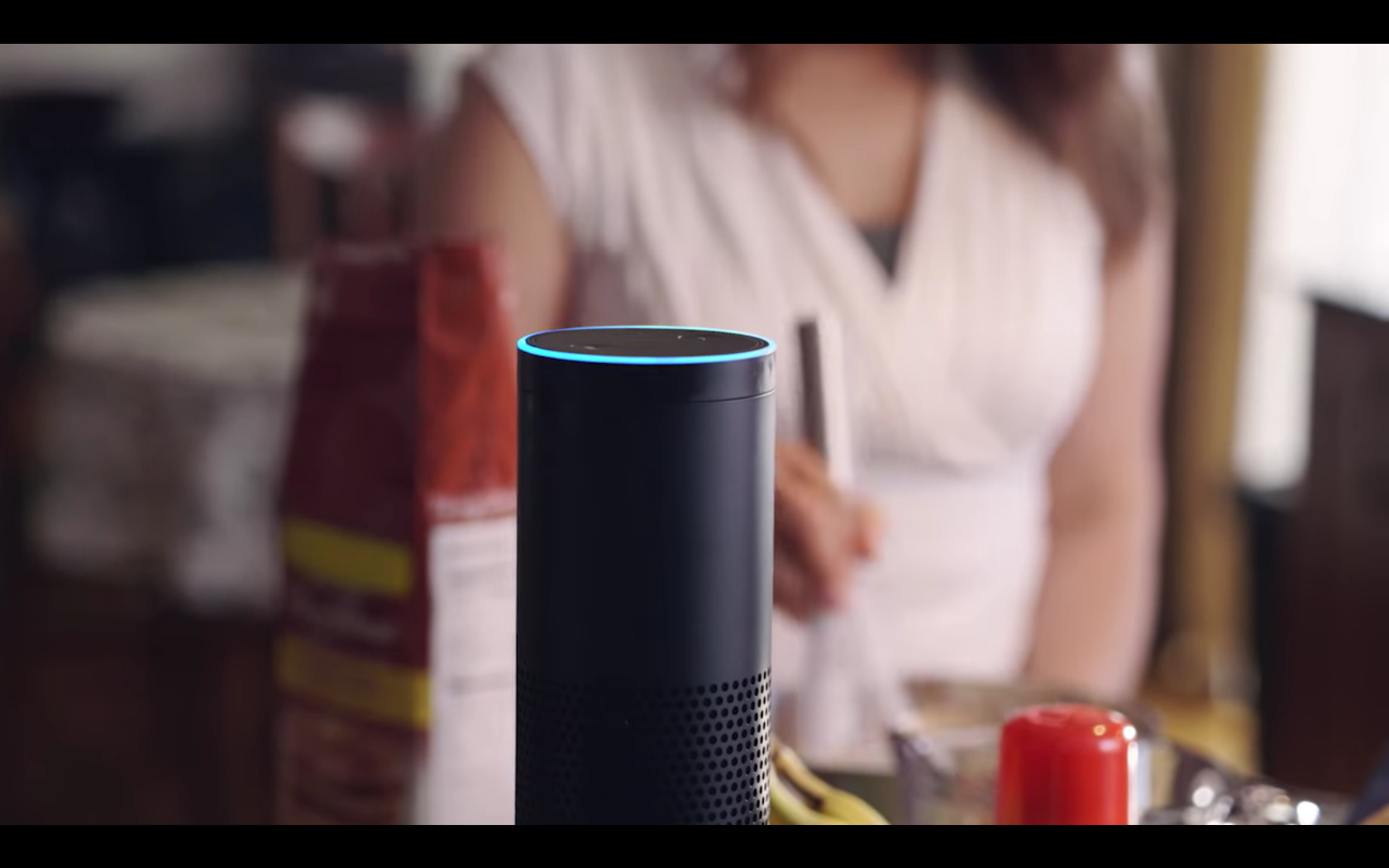What Happened
Compared to its near omnipresence at this year’s CES, Alexa may appear to have a smaller presence at the Mobile World Congress, the global smartphone and mobile industry trade show unfolding in Barcelona this week. But that doesn’t mean Amazon’s virtual assistant service is taking a break either. Motorola, now owned by Chinese consumer electronic giant Lenovo, announced at a press conference on Sunday that it has struck a partnership with Amazon to embed Alexa service natively into most of Motorola’s devices in the future. But first, Moto says it will focus on developing an Alexa “Mod,” an attachable block for its Moto Z modular handset.
In related Alexa news, Amazon is reportedly working on a “Voice ID” feature that will enable Alexa to distinguish different voices and recognize which user is talking to it. If realized, this individual voice recognition feature would unleash some great new use cases of Alexa and the Echo devices it supports. For one thing, it should stop your Alexa from responding to her name being called in TV commercials. Moreover, this feature can be used to authenticate different users in a seamless way and therefore solidifying Echo’s position as a family living room device.
What Brands Need To Do
Expanding Alexa into more smartphones and multi-user usage shows Amazon’s determination in pushing its voice-activated assistant and bringing AI-powered interfaces to mainstream consumers. It is becoming more evident than ever that voice-based brand-customer interaction is something that brands have to explore and master.
According to a report from analytics firm VoiceLabs, about 33 million voice-first devices will be in circulation by the end of 2017. Therefore, It is up to brands to start working with developers to figure out their brand voice and incorporate conversational tools into their marketing efforts.
Even brands that won’t embed voice into their own product experiences should still look to capitalize on the opportunity by offering complementary services: recipes, wellness information, and lifestyle content are all popular uses for Alexa, and areas where brands can look to add value.
How We Can Help
The Lab has extensive experience in building Alexa Skills and chatbots to reach consumers on conversational interfaces. So much so that we’ve built a dedicated conversational practice called Dialogue. The “Miller Time” Alexa Skill we developed with Drizly for Miller Lite is a good example of how Dialogue can help brands build a conversational customer experience, supercharged by our stack of technology partners with best-in-class solutions and an insights engine that extracts business intelligence from conversational data.
If you’d like to learn more about how to effectively reach consumers on conversational interfaces, or to leverage the Lab’s expertise to take on related client opportunities within the IPG Mediabrands, please contact our Client Services Director Samantha Holland ([email protected]) to schedule a visit to the Lab.
Source: TechCrunch & The Verge

